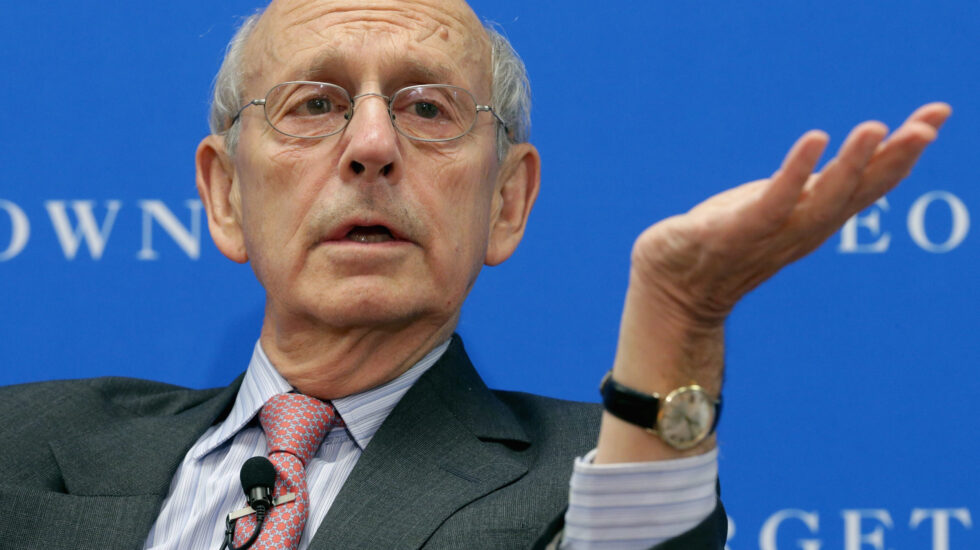The Supreme Court ruled that a student’s First Amendment rights were violated when her school punished her for a profane social media post. But the high court declined to say that schools can never reprimand students for off campus conduct.
In 2017, ninth grader Brandi Levy was cut from her Pennsylvania school’s varsity cheerleading team. She expressed frustration on SnapChat, posting a photo with an upraised middle finger and the rant, ““F— school, f— softball, f— cheer, f— everything.”
SnapChat posts are ephemeral, so the message disappeared in twenty-four hours. But school administrators were notified and they decided to suspend Levy from cheerleading for a year.
“It might be tempting to dismiss B. L.’s words as unworthy of the robust First Amendment protections discussed herein,” Justice Stephen Breyer wrote in his majority opinion. “But sometimes it is necessary to protect the superfluous in order to preserve the necessary.”
Breyer wrote that Levy’s actions did not represent a “‘substantial disruption’ of a school activity or a threatened harm to the rights of others that might justify the school’s action.”
Breyer resisted setting “a broad, highly general rule” on when it’s appropriate for a school to police off campus speech, but he warned against overreach. From his opinion:
Courts must be more skeptical of a school’s efforts to regulate off-campus speech, for doing so may mean the student cannot engage in that kind of speech at all. When it comes to political or religious speech that occurs outside school or a school program or activity, the school will have a heavy burden to justify intervention.
Politico provides more details on the losing effort in the case:
The nation’s second largest teachers union and education groups representing school boards, principals and superintendents, in an amicus brief, had urged the high court to side with the school district. The groups wanted justices to “reaffirm that the nation’s public schools retain the authority to discipline students, as warranted, for off campus student speech that threatens to interfere improperly with school operations.”
Only Justice Clarence Thomas sided with the school board in the 8-1 decision, which affirmed a ruling from the 3rd Circuit Court of Appeals.



